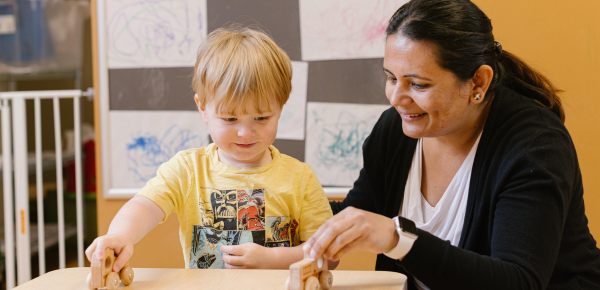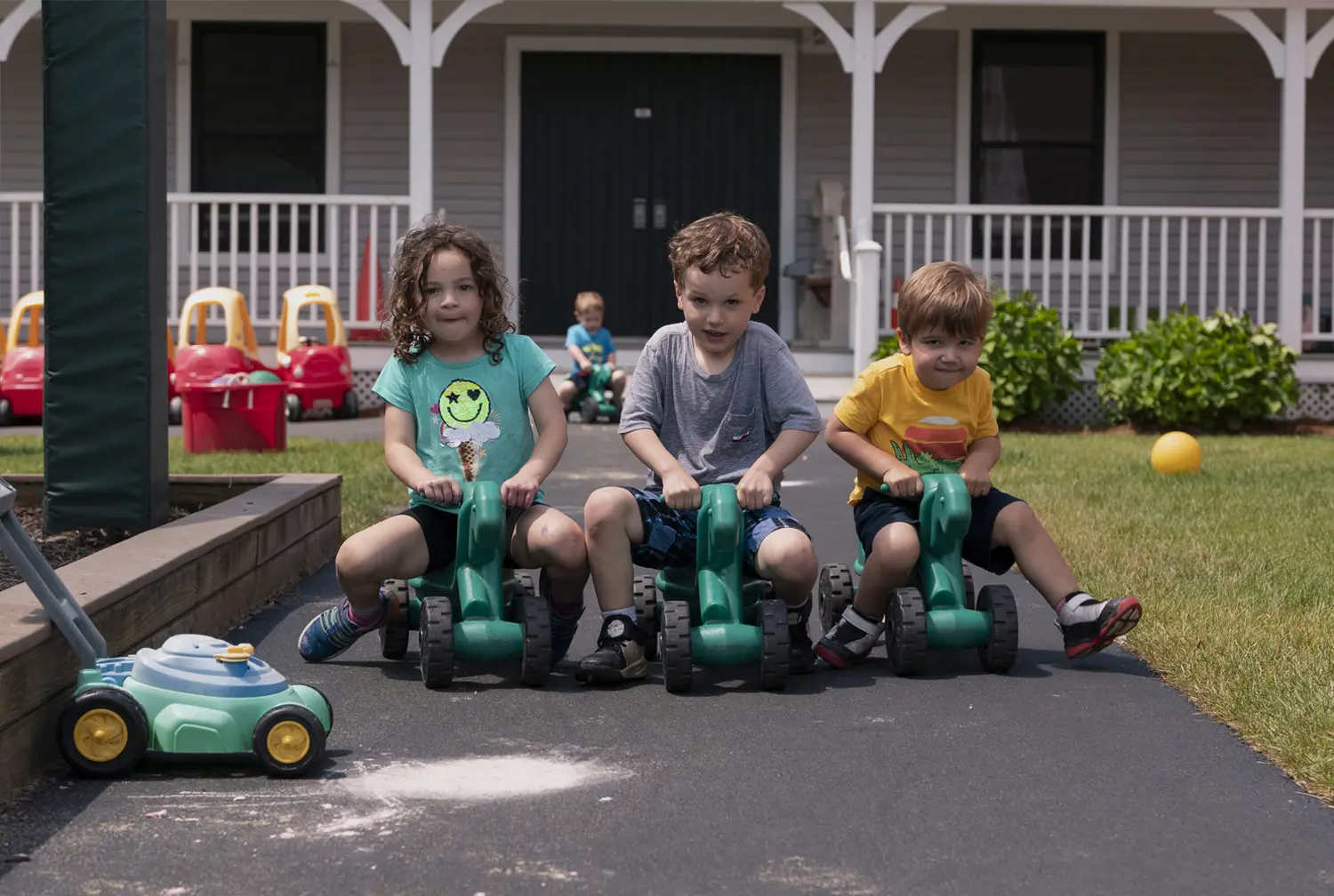Fortune Telling: How to Manage Anxious Thinking About Our Child’s Future
Written by Dr. Rachel Kramer, Child Psychologist and Consultant to the LEAP Schools.
A topic that has been on my mind recently is thinking traps, which are patterns of distorted, negative thinking that can show up in a variety of ways and often lead to an increase in worry or sadness. A thinking trap that can be particularly salient for parents is fortune telling - jumping to conclusions about how behavior that occurs in the present will predict actions or behavior in the future. For example:
- “My toddler keeps hitting other children on the playground. What if they grow up to be a violent adult who has problems with anger management?”
- “My third grader never remembers to put their homework folder in their backpack. Middle school is going to be a catastrophe.”
- “My teenager’s room is a disaster. How will they ever be able to function in the real world and hold down a job if they can’t keep track of their belongings?”
I imagine many parents reading this will find themselves somewhere between chuckling and seeing themselves reflected in the spirit of these examples if not in the actual content. If you are a person who sometimes falls into the thinking trap of fortune telling in relation to your children, know that you are not alone. Check-in with your friends about this, and I’m guessing you’ll find that many parents are vulnerable to observing their child’s behavior and fast-forwarding ahead to what will happen if a version of that same behavior occurs in the distant future.
If you find yourself susceptible to fortune telling, try and gather some data about when this seems to be happening. Are you prone to worry about your child’s future when you’re tired or under stress? Do you tend to engage in fortune telling when your child is playing with other children and you compare their behavior? Are there particular behaviors that your child is engaging in that trigger worry about the future for you?
If a particular behavior tends to trigger worries about the distant future, this may indicate that you have noticed an area of skill deficit for your child. Try re-framing these moments as times to focus on what skill your child needs to develop in order to manage present-day challenges more effectively. From the examples above:
- If your toddler is hitting peers on the playground, you can focus on setting effective boundaries around hitting while simultaneously teaching your child more adaptive strategies for regulating their emotions.
- If your third grader keeps forgetting to bring their homework folder to school, you and your child can collaborate to develop a more effective system for remembering the folder.
- If your teen has a messy room, consider whether you have communicated clear expectations about how often you want them to pick up their room and what the room looks like when it is tidy. Brainstorm with your teen about how to find time in their schedule for straightening their room.
Be patient and remember that if you have identified an area of relative deficit for your child, they may need to practice a new skill many times over weeks or months before they achieve mastery.
Another strategy to help manage thinking traps is to share your worries with someone who cares about you, perhaps a partner, relative, or friend, or jot down your thoughts in a journal or a note on your phone. Thinking traps are thought patterns that are typically automatic. That is, they occur almost without our realizing it. Talking or writing about your worries may increase your awareness of when you are vulnerable to falling into the pattern of fortune-telling. Elevating your awareness of automatic thought patterns can help you implement concrete strategies to replace distorted thinking with more realistic thoughts.
When you are worrying about your child’s future behavior, it can be helpful to develop a script to help yourself re-focus on the present. For example:
- “I’m fortune telling. Stop! I’m going to re-focus on the here and now.”
- “Thinking ahead like this isn’t helpful. I don’t have a crystal ball. What is my child’s behavior telling me about the present?”
- “Worrying about the future is a thinking trap. I’m going to take a couple of slow, deep breaths to help me shift my attention to the present.”
To be clear, I am not suggesting that you never think about the future – that is neither practical nor realistic. Rather, I’m recommending that parents spend some time considering when a pattern of fast forwarding to the future causes worry and disrupts their ability to focus on the here and now. If you find yourself panicking about what current behavior means for your child in adulthood, treat yourself gently: try to pause, take a breath, and bring your attention back to the present moment.
You May Also Like

Responding to Your Child’s Behavior

Early Childhood Learning/Teaching Strategies




